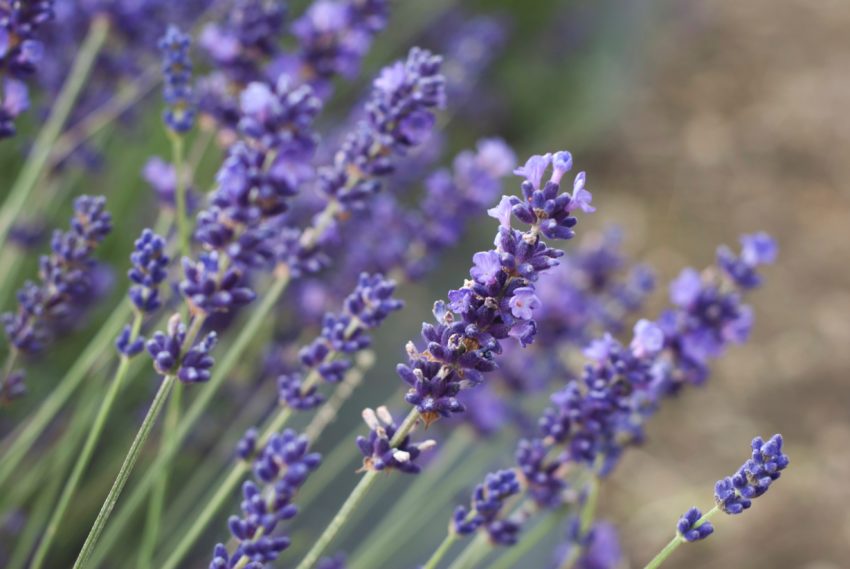“Do you think I should put 4 drops of clary sage and 2 of lavender or the other way around?”
The younger midwife looked at me anxiously and I had to fight the urge to say “I don’t think it matters a shit.” We had just finished our theoretical training on aromatherapy and were being allowed to play with the oils themselves. How am I, a rationalist and TIm Minchin fan voluntarily, and in my own time, attending an aromatherapy course?
So I used to be a pretty dogmatic sceptic about all complementary medicine. Actually that’s a lie – when I was in my teens and early twenties I was really into it (even paid for a psychic reading after getting dumped by someone or another). Then I went all angry sceptic and got into listening to things like the Skeptic Guide to the Universe. It got a bit repetitive though – every podcast goes: “Do you know what this bunch of idiots think? Absolute nonsense”, “Can’t be proved in a random controlled trial”, “Blah, blah, miserabalist, blah”. It’s not that I don’t agree with the sceptics arguments – and after a particularly gruelling afternoon discussing the wonders of homeopathy for dogs with a new friend from babygroup, these arguments are balm to my spirits. There was something about the sceptic’s tone though that didn’t quite sit right with me.
A couple of years ago I read Cure by Jo Marchant (not going to provide a link in case you think I’m using it to generate cash, but easy to search for). I would massively recommend the book. The essence of it is that the mind and body are very interrelated and the author has a very similar outlook as I do about positioning myself in the middle of skeptics and alternative believers (so obviously if she agrees with me she must be right…). Much of the book is about placebos – if you’re not familiar with their effects upon us then this might be one of the more entertaining and dramatic ways to learn about them. I knew that just taking medication even without any active ingredients can make you feel better, but I hadn’t read anything about how it works or the actual implications and uses of the effect.
Labour is a massive burden for both mind and body. It makes perfect sense to respect both, and I hope I care for people with that in mind. I think I appear caring, I’m quite touchy (physically not emotionally), and I know that a calm, happy woman can cope with pain a lot better than one who is upset and feels she can’t trust the people looking after her. But the book also kicked me into realizing I had to stop being such a smug, know-it-all rationalist and accept, indeed even promote some alternative therapies.
Hence my presence at the day-long aromatherapy session.
There is evidence that aromatherapy helps reduce pain in labour, but grumpy sceptics point out that trials are often poorly controlled or blinded. I think that’s failing to see the point. The human brain is amazing. I’ve seen women bring themselves around from horrific pain-induced panic attacks to calmly breathing through intense contractions. Something like aromatherapy can help tap into that amazing part of the brain. Let’s not dismiss something as ‘just a placebo’ when it’s allowing a body to do something astonishing.
And it smells nice…
[Photo by Gemma Evans on Unsplash]
